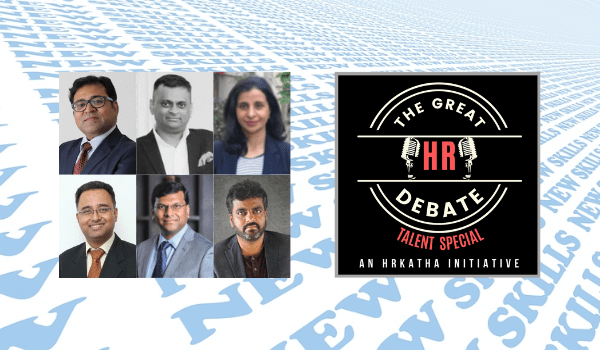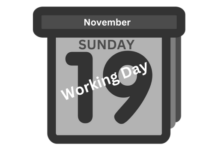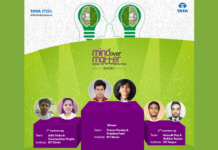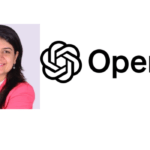The need to reskill and upskill has assumed great significance in the new normal. Last year, with the pandemic sweeping across the globe, people had to urgently acquire certain skills, which were the need of the hour.
“Are we racing towards reskilling? Which skills will be critical for future resilience?’ was the topic of the second session of The Great HR Debate – Talent Special, the virtual event held on June 11, 2021
“It is easy to inculcate technical skills, but the bigger part is played by behavioural skills. In my experience, when the behaviours are aligned and changed with the changing needs, it is easy to bring any change in the company”
Amit Sharma, CHRO, Volvo Group India
Amit Sharma, CHRO, Volvo Group India; Reetu Raina, CHRO, Quick Heal; Viekas K Khokha, head – HR, Dhanuka Agritech; Ravi Kumar, head – HR, Roche Diabetes Care India and Ashish Anand, CHRO, SAR Goup, were the speakers part of the panel. The session was moderated by Amit Gautam, CEO & founder, UpsideLMS.
Gautam opened the debate with an important message, that the need to reskill is a priority at this moment, amidst the rapid changes taking place all around.
“People are almost racing towards reskilling their workforce. Last year, businesses had to move to a different working model and that too, very fast. My interactions with some of the HR leaders and L&D heads, tell me that the biggest challenge being faced by businesses now is, skilling their workforce,” said Gautam.
. “We had to provide people with devices and network to collaborate remotely. Farmers in the villages were literally trained by our people to use such tools. Also, there was this huge shift towards data storage. Everything went digital and people had to be trained to handle data digitally”
Viekas K Khokha, Head-HR, Dhanuka Agritech
While there was no dearth of challenges in L&D, many of which were unique to some industries, the one challenge common across industries was remote working.
“Accessibility to customers and patients is something we require. Earlier, my workforce was used to face-to-face conversations with people, but now everything is virtual. So we had to unlearn and learn very fast in this situation,” said Kumar.
Khokha, who comes from an agri-tech sector, also mentioned the same thing. “We had to provide people with devices and network to collaborate remotely. Farmers in the villages were literally trained by our people to use such tools. Also, there was this huge shift towards data storage. Everything went digital and people had to be trained to handle data digitally,” mentioned Khokha.
“The talent gap in the cybersecurity sector is huge and is increasing with each passing year. So, there is a big upskilling movement happening at the Company to build talent and cater to the needs of the business. We decided to build talent rather than buy it, because buying from the market involves a lot of cost and is not a long-term solution”
Reetu Raina, CHRO, Quick Heal
As many people were struggling with remote working, for Quick Heal, there was an upsurge in business, with security of data in the digital world becoming more important for businesses everywhere.
. “People are almost racing towards reskilling their workforce. Last year, businesses had to move to a different working model and that too, very fast. My interactions with some of the HR leaders and L&D heads, tell me that the biggest challenge being faced by businesses now is, skilling their workforce”
Amit Gautam, CEO & Founder, UpsideLMS
However, as pointed out by Raina, there is a huge shortage of talent. “The talent gap in the cybersecurity sector is huge and is increasing with each passing year. So, there is a big upskilling movement happening at the Company to build talent and cater to the needs of the business. We decided to build talent rather than buy it, because buying from the market involves a lot of cost and is not a long-term solution,” explained Raina.
She also stated that the education institutes do not train students to teach the principles of data breach, which is a cause of concern.
Being from the essential services sector, Kumar believes in the need to change the mindset of the people. “With all my workforce working in the field, the mindset we required was that of ‘serving people at any cost’. Come what may, we had to work and there was no option to work from home,” shared Kumar.
“We were able to see growth even amidst the pandemic. First we assured everyone that there would be no layoffs in the company, which allayed people’s fears and uncertainties. Then we decentralised our structure and trained and empowered local leaders to take decisions, which resulted in greater productivity”
Ashish Anand, CHRO, SAR Group
“There is a greater need for leaders to be empathetic towards people and become more like coaches and wellbeing managers to their people. Because at this time, the need is to understand people and take decisions accordingly,” added Khokha.
Another aspect the panel debated was of the demand for soft skills in people, especially leaders amidst the challenging situation of today. “It is easy to inculcate technical skills, but the bigger part is played by behavioural skills. In my experience, when the behaviours are aligned and changed with the changing needs, it is easy to bring any change in the company,” enunciated Sharma.
“With all my workforce working in the field, the mindset we required was that of ‘serving people at any cost’. Come what may, we had to work and there was no option to work from home”
Ravi Kumar, Head-HR, Roche Diabetes Care India
Anand shared that they were able to inculcate the above-mentioned skills in their workforce and also empower their local managers and leaders to take decisions.
“We were able to see growth even amidst the pandemic. First we assured everyone that there would be no layoffs in the company, which allayed people’s fears and uncertainties. Then we decentralised our structure and trained and empowered local leaders to take decisions, which resulted in greater productivity,” revealed Anand.
The panel concluded by listing out some of the key skills that industries are looking out for, which are, the abilities to work in a remote environment, handle ambiguity, be resilient and learn and adapt to all kinds of situations.
(The event was powered by UpsideLMS)
Value our content... contribute towards our growth. Even a small contribution a month would be of great help for us.
Since eight years, we have been serving the industry through daily news and stories. Our content is free for all and we plan to keep it that way.
Support HRKatha. Pay Here (All it takes is a minute)




































